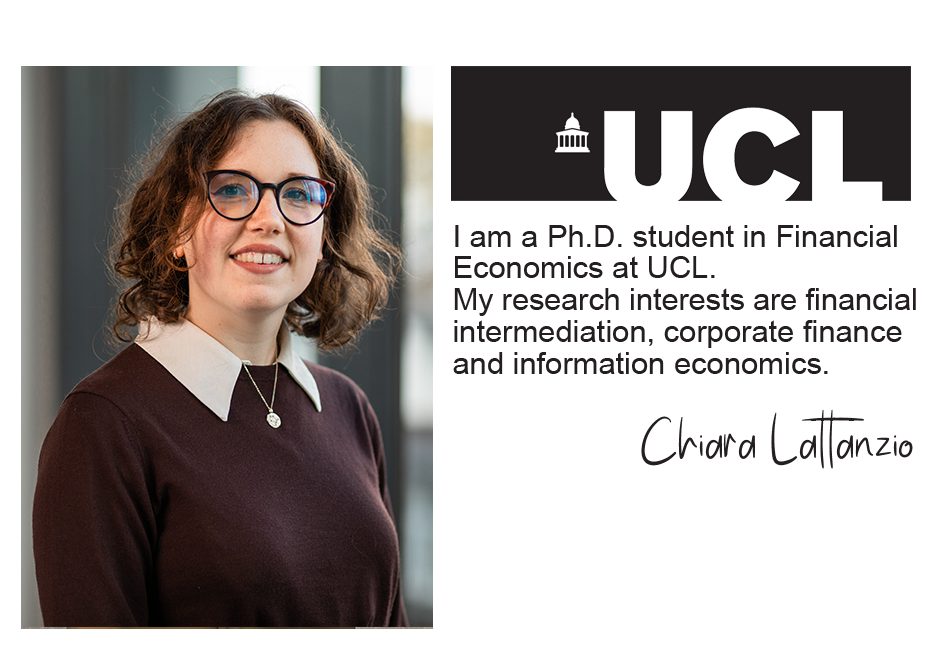
Research
Publications
Bank Capital Requirements and Bank Lending: From Theory to Empirics to Policy (with Saleem Bahaj and Frederic Malherbe) 2024. Forthcoming in the Handbook of Macroprudential Regulation. (also CEPR DP19942)Abstract: Macroprudential regulation is often viewed as a trade-off between banking system stability and aggregate credit supply. In this paper, we provide a comprehensive analysis of how changes in capital requirements affect bank lending. We use a theoretical framework to assess and nuance the trade-off. We show that imperfect competition, general equilibrium effects, and asset heterogeneity among banks result in lending responses that are complex and difficult to estimate. Armed with these theoretical insights, we assess existing strategies in the empirical literature and provide guidance for future research.
Working papers
How to model bank competition: the case for Cournot Draft available upon requestAbstract: When firms choose their capacity and then compete à la Bertrand, the market equilibrium can correspond to the Cournot outcome (Kreps and Scheinkman, 1983). Similarly, banks' capital structure choices determine their lending capacity due to capital requirements. This paper establishes the conditions under which the Bertrand-Cournot equivalence extends to banks. I allow capital to be an imperfect capacity commitment: banks can distribute dividends and raise more capital at a short-term premium in the competition stage. I show that if the loan market is not severely affected by some financial frictions, such as moral hazard, and the short-term premium is sufficiently large, the Cournot outcome is the unique equilibrium of the game. Such micro-foundations for Cournot competition in the loan market open new perspectives to the modelling of an elaborate, yet tractable, banking sector in macroeconomic models.
Work in progress
Banks and Non-Banks: Competitors or Strategic Partners?Within-borrower variation and Equilibrium Credit Supply (with Saleem Bahaj and Frederic Malherbe) Coming soon